Client
The Client is a multinational company offering technology platforms and app-based services that provide transportation, food delivery and freight shipping.
Challenge
The client was seeking a solution to help underrepresented technologists gain the skills needed to grow their careers. They recognized that being a strong engineer requires more than just top-notch coding and that the ability to navigate interpersonal relationships with colleagues and leverage leadership skills is fundamental to their success, regardless of whether they are an individual contributor or a manager.
They were seeking a solution that would enable participants to learn and implement leadership competencies to keep pace with a complex, demanding and highly competitive environment. They wanted to provide junior engineers with the opportunity to take development courses aimed at growing core leadership skills such as effective communication, leading with resilience, and self-knowledge, among other topics. They also wanted to create a culture where community, connectedness and collaboration would be fostered.
Solution
AMS senior consultants collaborated with the organization’s HR Talent Management, Engineering and Diversity & Inclusion teams to conduct a formal evaluation (gap analysis) of current leadership practices within the targeted group. Skills were evaluated against a robust set of best-in-class competencies and behavioral characteristics linked to demonstrated results for leadership success in similar environments.
A comprehensive and structured 6-month leadership development program was developed with learning tracks tailored to address the core leadership skills required with a focus on key gaps and critical skills needed in the client’s organization and culture.
To help inspire and broaden a culture of sponsorship at the organization, as well as cultivate a more diverse and cross-functional engineering community, participants would be paired with a sponsor at the senior manager or director level who would meet with them monthly to support them. To keep the learning alive and constant, exercises were designed for participants where they would continue to grow their skills and interact with their cohort in-between the monthly programs. Relevant resources were provided for them to continue the learning outside the classroom including digital learning supplements which featured ancillary topics and Toolkits with models, techniques and exercises.
Each program would conclude with the participants creating a Personal Action Plan which would be shared with their Sponsors and Managers to track progress and receive further coaching and feedback. In order to meet the global demands of the technical community and maintain consistency of approach and facilitation, all sessions would be delivered in the Virtual Learning Environment. The platform would leverage interactive tools to increase engagement and participation.
Critical steps to the solution implementation included:
- Interviews with prospective attendees, their managers, sponsors and Senior leadership to elicit their thoughts skill requirements and challenges.
Assemble the assessment model based on interview results and senior consultant industry experience. - Client stakeholder review and validation of the assessment model for relevance in the subject environment and alignment with current organizational role delineations, functional practices and leadership challenges.
- Development of a detailed recommendation in the form of a comprehensive Leadership Excellence Model and Program RoadMap which included Course Objectives and Design, Pre-Work Assignments, Application Exercises, Participant Toolboxes, Action Plans and Sponsor/Sponsee guidelines.
- Delivery of programs over 6-month period and feedback collected after each course further informed the relevance of the content to address skill and knowledge gaps within the cohorts and to address the particular culture of the client.
The Leadership Development Curriculum was presented with the following courses:
- Navigating the Organizational Matrix
- Journey to Cultural Intelligence
- Communication & Relationship Building Skills
- Strategic Stakeholder Management
- Dynamic Problem Solving
- Executive Presence
Each course was developed and facilitated using a dynamic learning design which included the following elements for each of the 4 course modules:
- Scenario (scenarios were built around client’s experience with the topic)
- Thought Leader Questions
- Tips to Apply What You Have Learned
- Interactive Exercise (Individual and group)
- Toolbox (with further information on the tools, models and techniques presented)
- Personal Action Planning - At the end of each course, participants worked on committing to actions which were documented in their Personal Action Plan and shared with their Managers and Sponsors.
Benefits
The concepts presented, explored, and practiced during the curricula were supported and endorsed by attendees and business sponsors. The soft skills enhanced individuals’ ability to expand their skills based on each topic covered. This included their ability to:
- Expand their sphere of influence and political awareness
- Use influence skills to focus on improving quality and the customer experience
- Expand their awareness of other cultures and practice more inclusive behaviors
- Broaden their thinking to view the “Big Picture”
- Enhance their communication skills to become more audience focused and deliver messages with impact
- Create more robust stakeholder engagement and communication plans
- Think, operate, and lead strategically
- Develop more confidence in themselves and take ownership of their career development
All Cohorts have a Networking approach which will continue and enable them to further explore ways to both apply and maximize the benefits. Delegates reported an immediate adoption of the illustrated principles intra-program and post curricula therefore achieving both the internal adoption and promotion desired by the Client.
"Working with the team at AMS was a pleasure. The expertise, willingness to work toward our shared goals, and focus on helping us to innovate new solutions was refreshing."
Global Tech Program Manager
Client-Centric Engagement Models
By leveraging our collaborative engagement models, we partner with our clients to understand their unique needs through formal data collection, rigorous gap analysis, and solution customization. This methodical approach leads to high-impact solutions, rendering “leave behind” value that our clients measure in sustainable performance improvement.
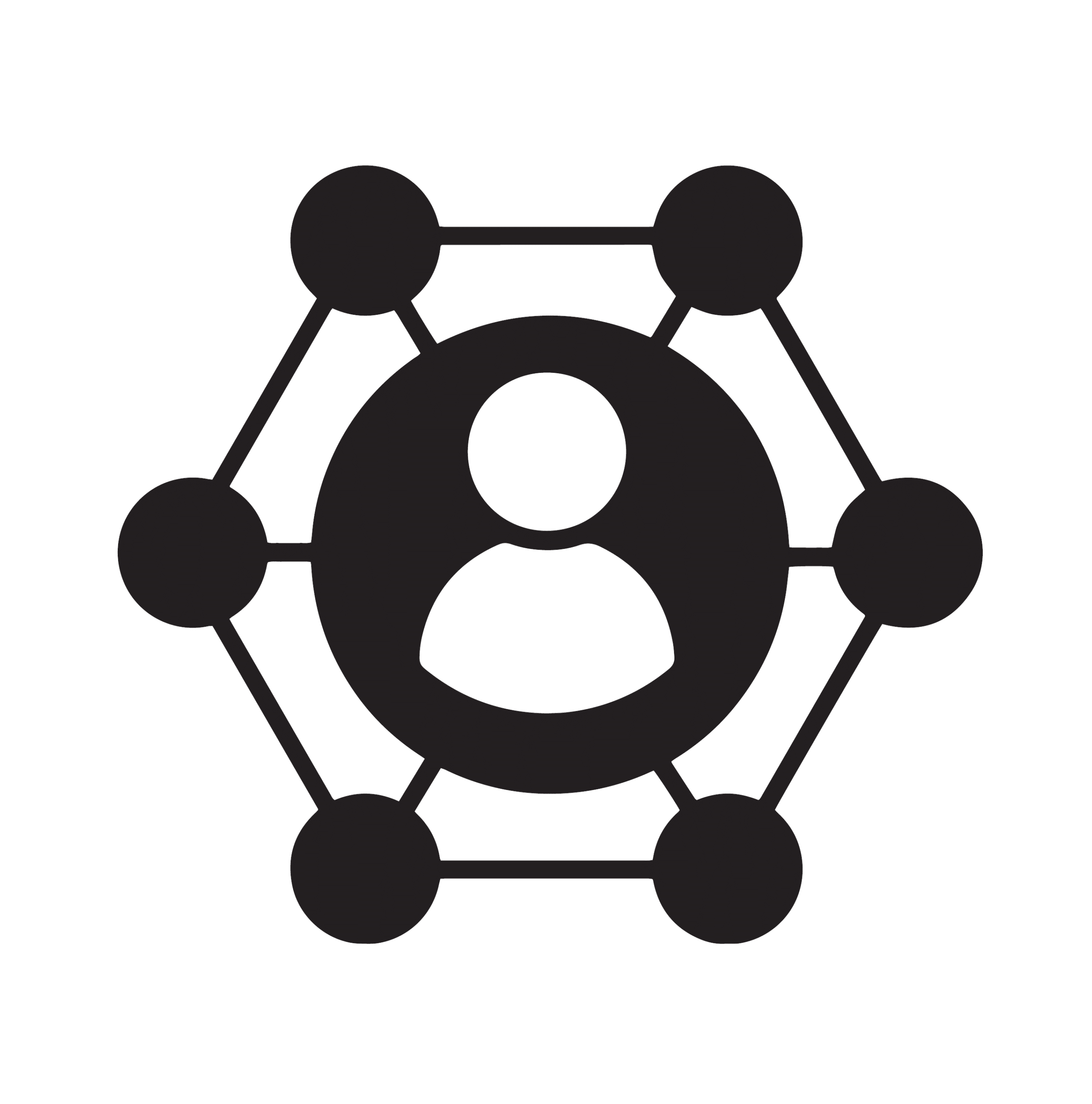
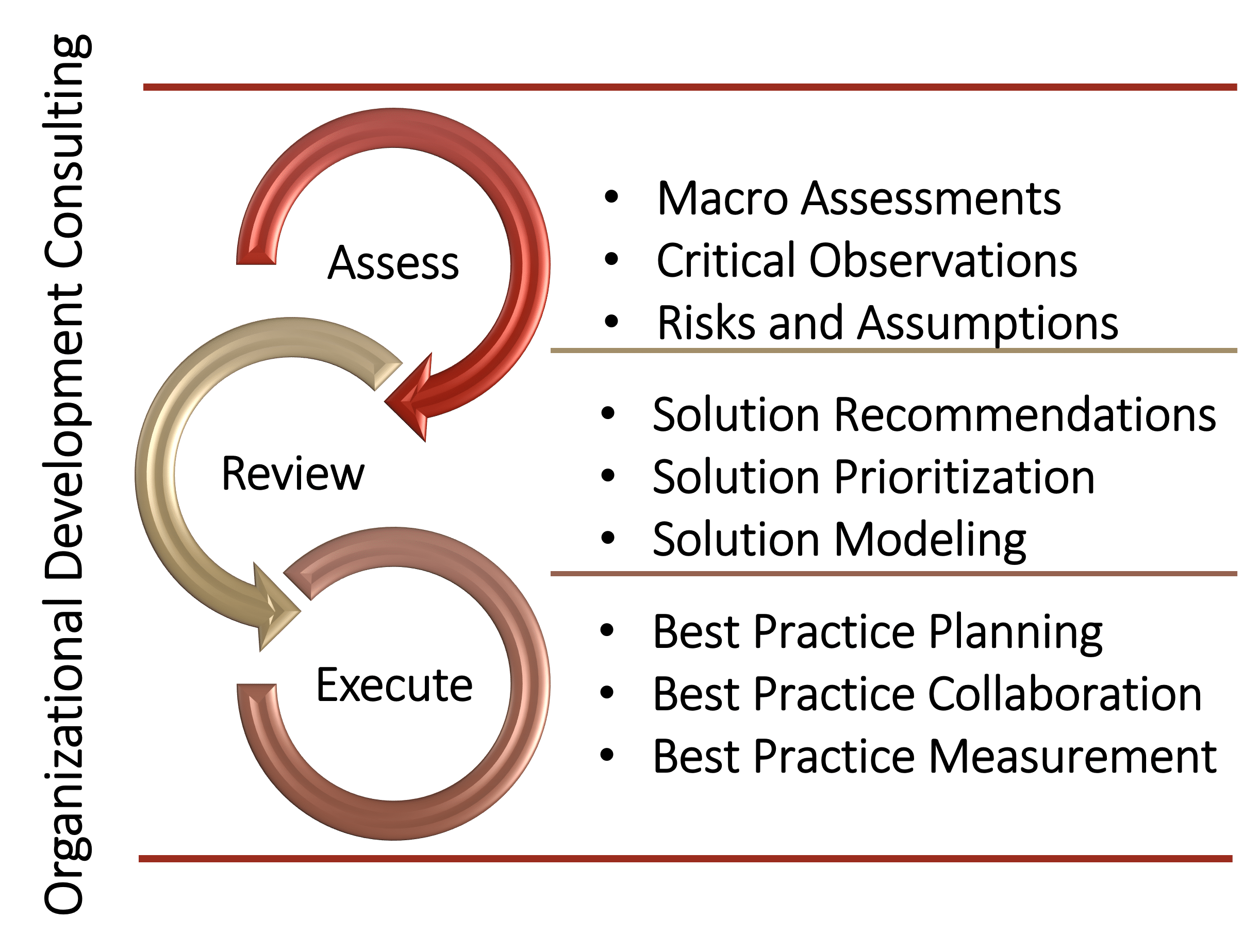
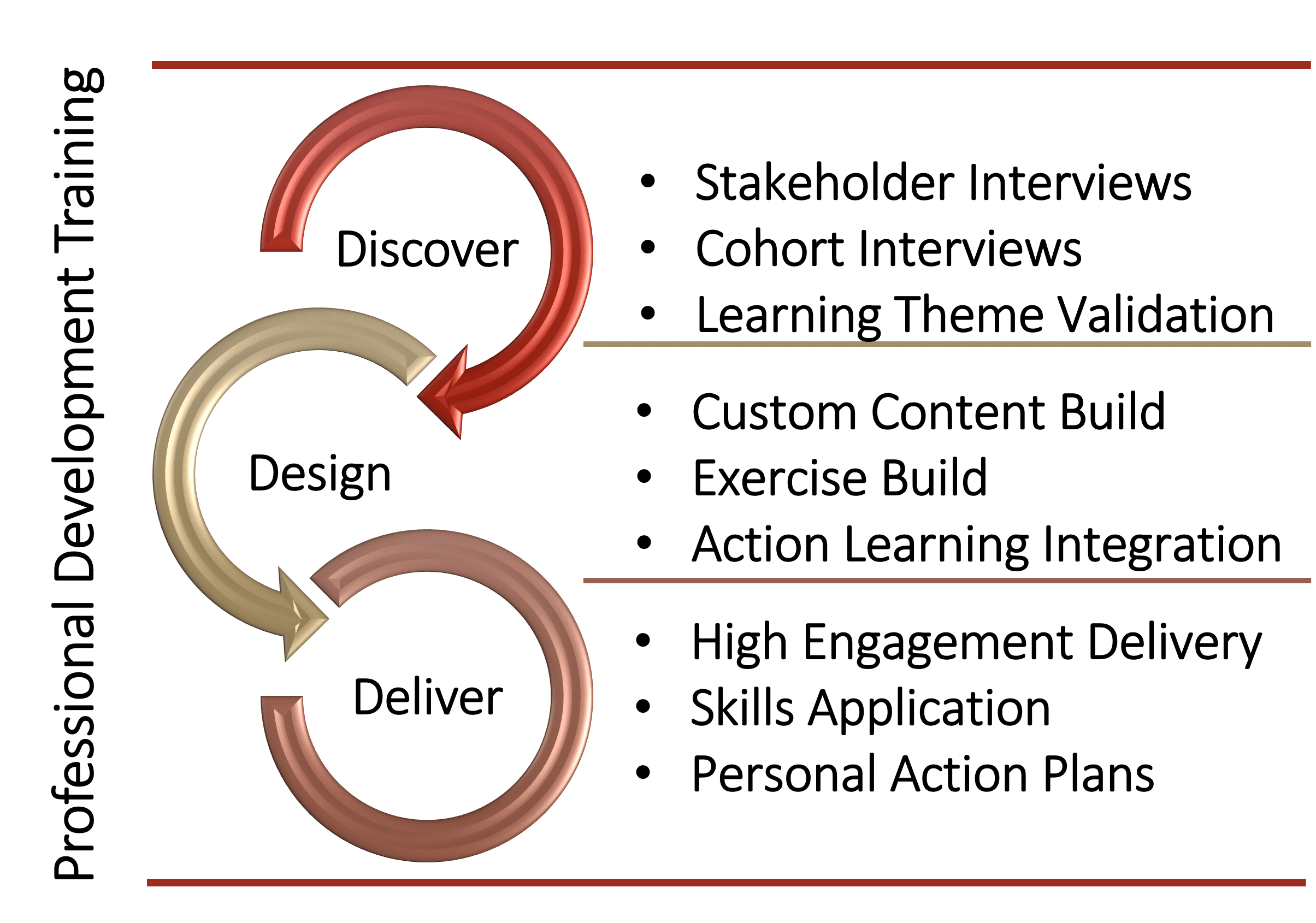
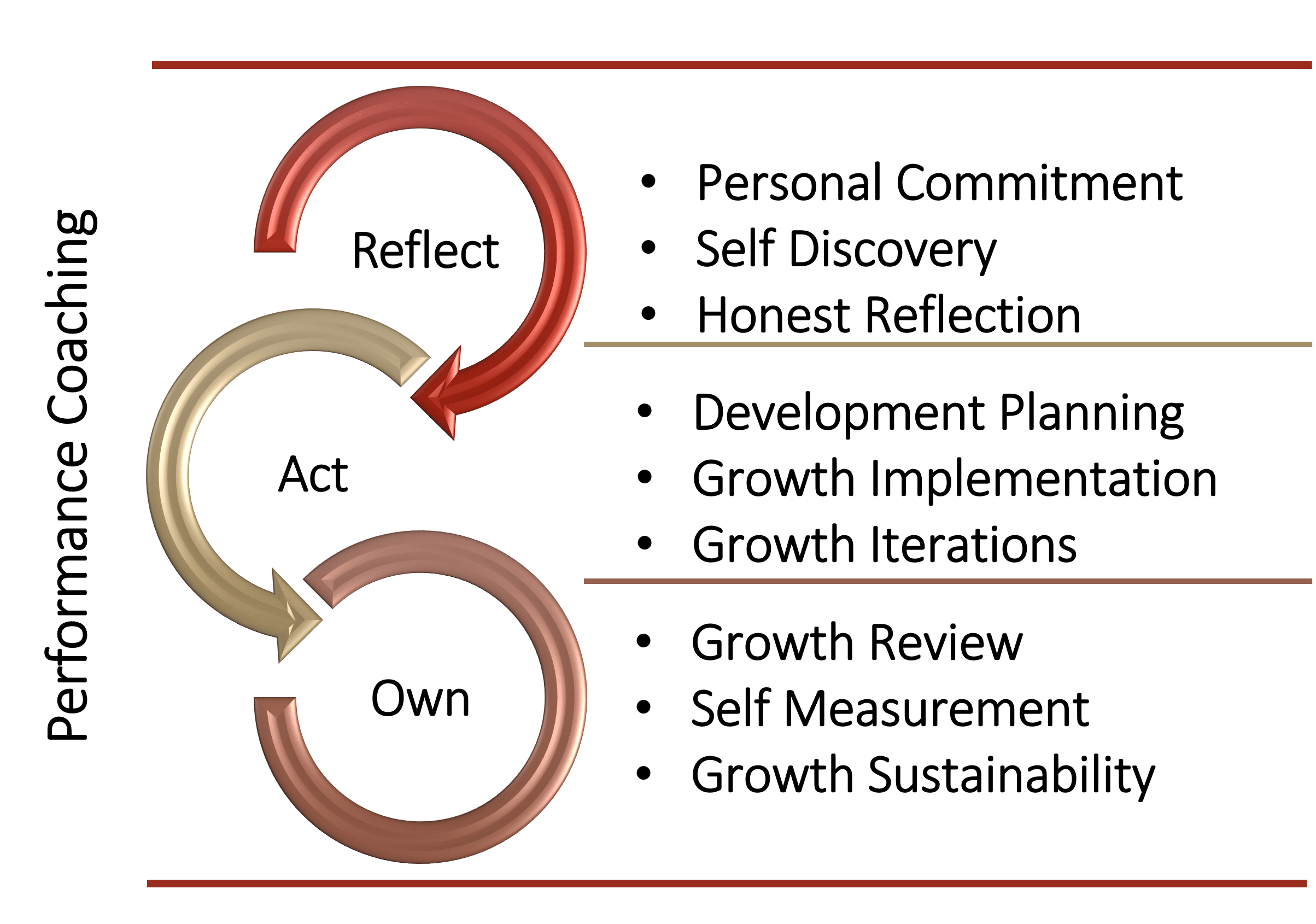
Our Commitment to Excellence
Advanced Management Services, Inc. (AMS) is a premier Organizational Development consulting firm. Since 1994, AMS has been serving cross-industry Fortune 500 companies, mid-market businesses, high-growth firms, and government entities with innovative business solutions.
Aeronautics - Banking & Finance - Construction & Engineering - Higher Education - Government & Municipal Agencies
Hospitality - Manufacturing - Pharmeceutical - Research & Development - Scientific
Transportation - Automotive - Biotech - Professional Services - Energy/Utility/Gas/Oil/Nuclear
Food Processing - Food Service - Healthcare - Information Technology & Artificial Intelligence (AI)
Software Development - Non Proffit & Association Management - Publishing - Retail - Sales & Marketing - Telecommunications
What Our Clients Say
At AMS, our clients’ testimonials speak volumes about our commitment to excellence. Our tailored solutions have consistently driven sustainable growth and outstanding results for our clients, you can learn more about the details of how we helped them exceed their objectives in our Solution Briefings or Contact Us to discuss your unique needs.
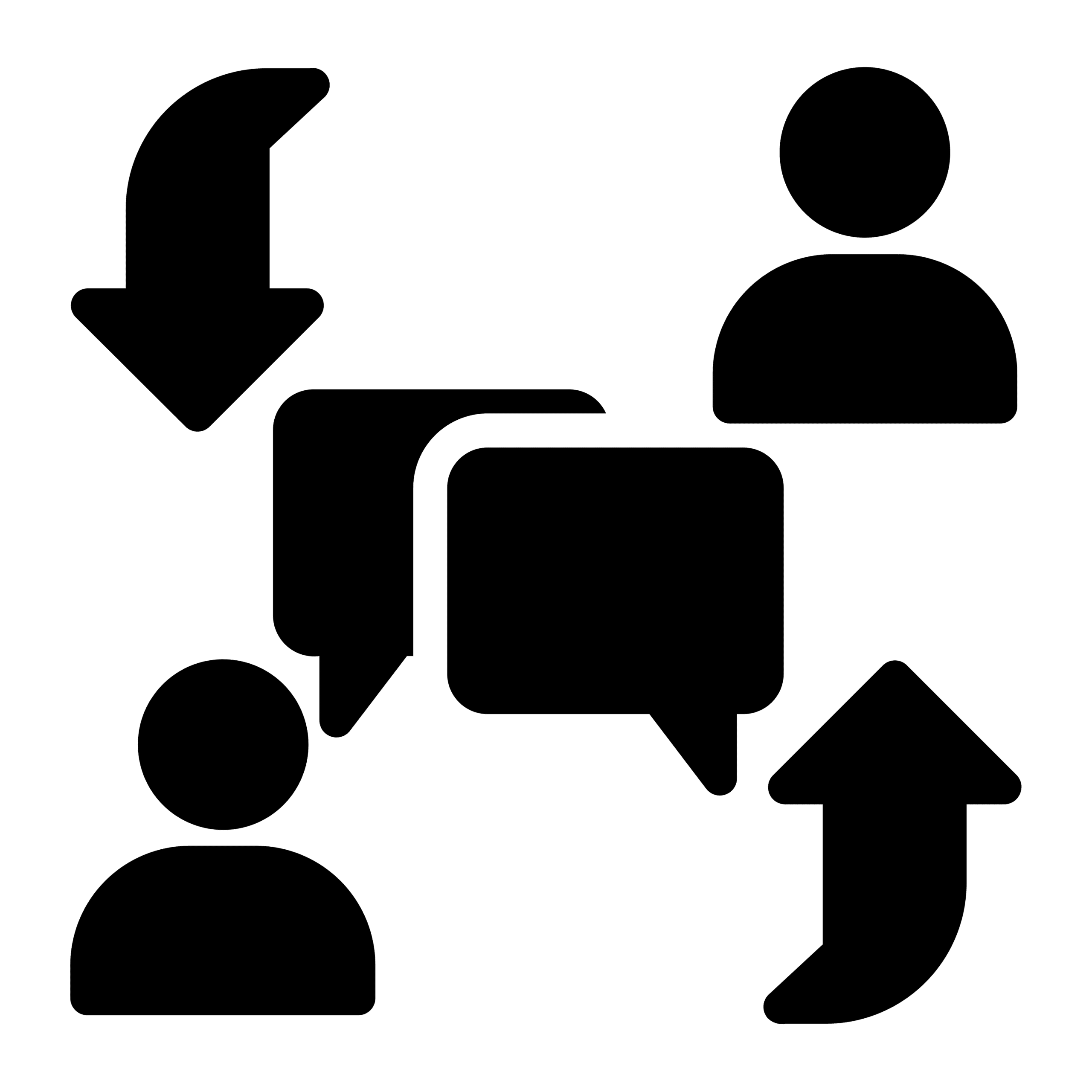
"The team at AMS provided some of the best corporate training we ever received. The consultant's ability to fully understand our industry and how the PM space was impacted and complimented by the Business Analyst function was outstanding. I would recommend the AMS team to anyone seeking a knowledgeable and insightful relationship with a consulting firm."
- Manager of Training at a Leading National Insurance Company
"AMS coaches are top shelf and bring a depth of experience seldomly found at other coaching firms. The executive level of the team and how they collaborate along the journey is an extraordinary wealth of knowledge."
-COO at a Global Manufacturer of Industrial Components
“The team at AMS was impressive from the first time we met them. I have personally interviewed many large training companies, but the folks at AMS were heads and tails above the rest because of their flexibility, desire to be true partners and level of subject matter expertise. I would recommend AMS to any organization seeking a results driven team of professionals.”
- V.P. Training and Development at an International Retail Chain
"The training we received from the AMS team was insightful, current and tailored to our environment/industry. Because of the training we have been able to improve and sustain performance within the IT PM department."
- Director of Training at a Globally Diversified Healthcare Company
"The experience with my coach from AMS was a critical factor in establishing goals for my team and then being able to lead them through transformation. The results from my efforts were much more impactful because of the direction they provided."
-Director of Engineering at a Global Manufacturer of Industrial Components
"My experience with my AMS coach was extraordinary and far exceeded my expectations in terms of how quickly I was able to apply new ideas and solutions to challenges I was facing. Additionally, I was able to pass along some of the new knowledge and help my team as well. Very happy to have participated in such a solid program."
- COO at a Global Staffing and Talent Agency
"My coach at AMS helped me to clarify and then navigate my career objectives. The sessions led to my gaining more confidence and ultimately my dream job."
-Technology Manager at a Global Digital Retailer
Join the ranks of leading organizations that have partnered with AMS to drive innovation, improve performance, and achieve sustainable success. Let’s transform together, your journey to excellence starts here.